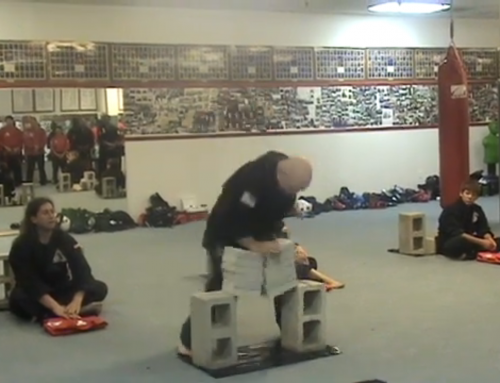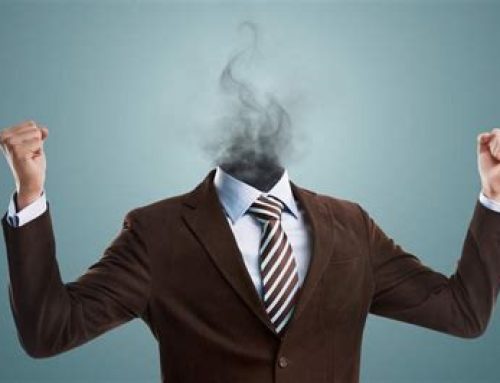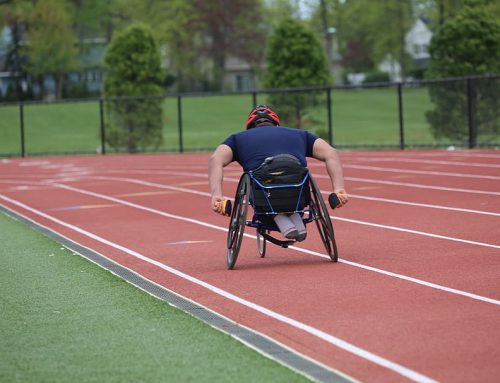Well, it’s that time of year, the time when we look back and judge if it was a good year or bad. Typically, if we made all or most of our goals, we judge it to be good, if not then it is bad. What would you say if I asked you not to judge your year at all?
We hear all the time “don’t judge me.” As if passing judgment is bad, that’s not what I’m saying. In fact, that is a judgment of judgment (confused yet?). There is a time and a place for us to judge. If the world didn’t judge Hitler as bad Ich würde das auf Deutsch schreiben. What I’m saying is don’ rush to judgment.
When we judge something, we freeze it in place. We lock it in as we judge it and it becomes difficult to change our minds. I remember when I was at Priority Moving, the Operations Manager had judged one of our Lead Movers to be “a good guy” and this kept him from seeing flaws. The Lead Mover in question kept making mistakes that caused customers to be dissatisfied with our services and cost us time, money, and energy.
Sometimes a premature judgment has the effect of locking in someone as a “bad team member” when in reality, we aren’t playing to their strengths. In other words, we set them up for failure. The same can be true for our businesses. If we judge the year good or bad it may prevent us from seeing some of the truly amazing accomplishments or from gaining the insights available from business evolutions that may not have turned out as we planned.
Avoiding Premature Judgment
The power of judgment is profound. This is why judges have always been held in such high esteem. Throughout history, only the wisest were judges. This is why one of the first exercises I do in my Accountability Academy is an exercise that helps people understand the difference between observation and judgment. The exercise goes like this:
- Pick an object, any object will do, take 1 minute and judge it. At the completion of the minute list all of your judgments.
- Using the same object, take 1-minute to observe it without judgment. Then list all of your observations
Attendees report that they see much more when they observe without judgment. Imagine now that this is a team member instead of an object? What characteristics would you miss if you rushed to judgment? Could you take advantage of some of these characteristics? In Jim Collins’ seminal book, Good to Great, he talks about putting the “right people in the right seat on the bus.” If we rush to judgment, we may not see in which seat they belong.
Finally, we must apply this technique to ourselves. As leaders, we are usually our own harshest critics. While this may serve to drive us, it can also limit us. When we judge ourselves, we put ourselves into a box and limit our own ability to grow. If we can’t grow, then our team can’t either.
If you’re looking to transform your team, email me for a free, 30-minute Accountability Call. We’ll discuss what’s holding your team back and you’ll leave with actions you can take to get them to the next level.










